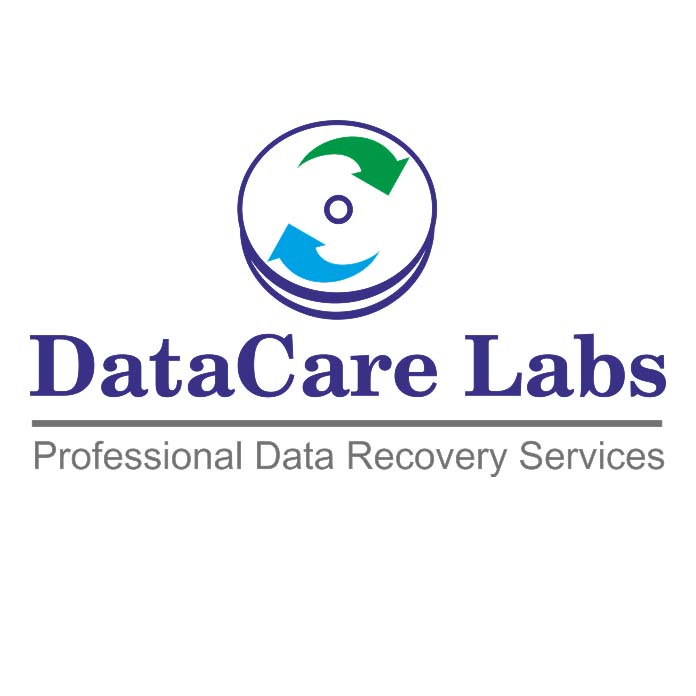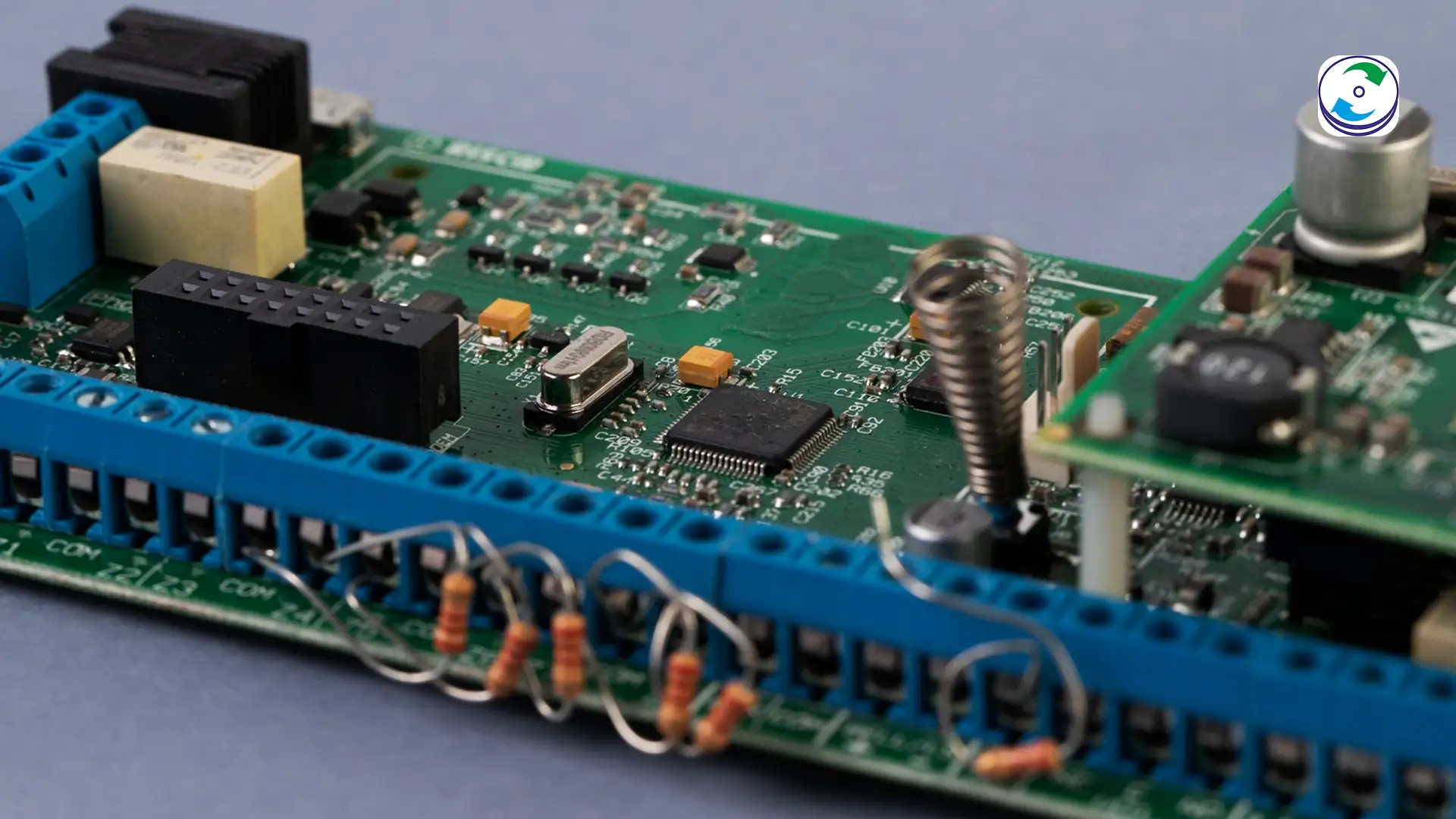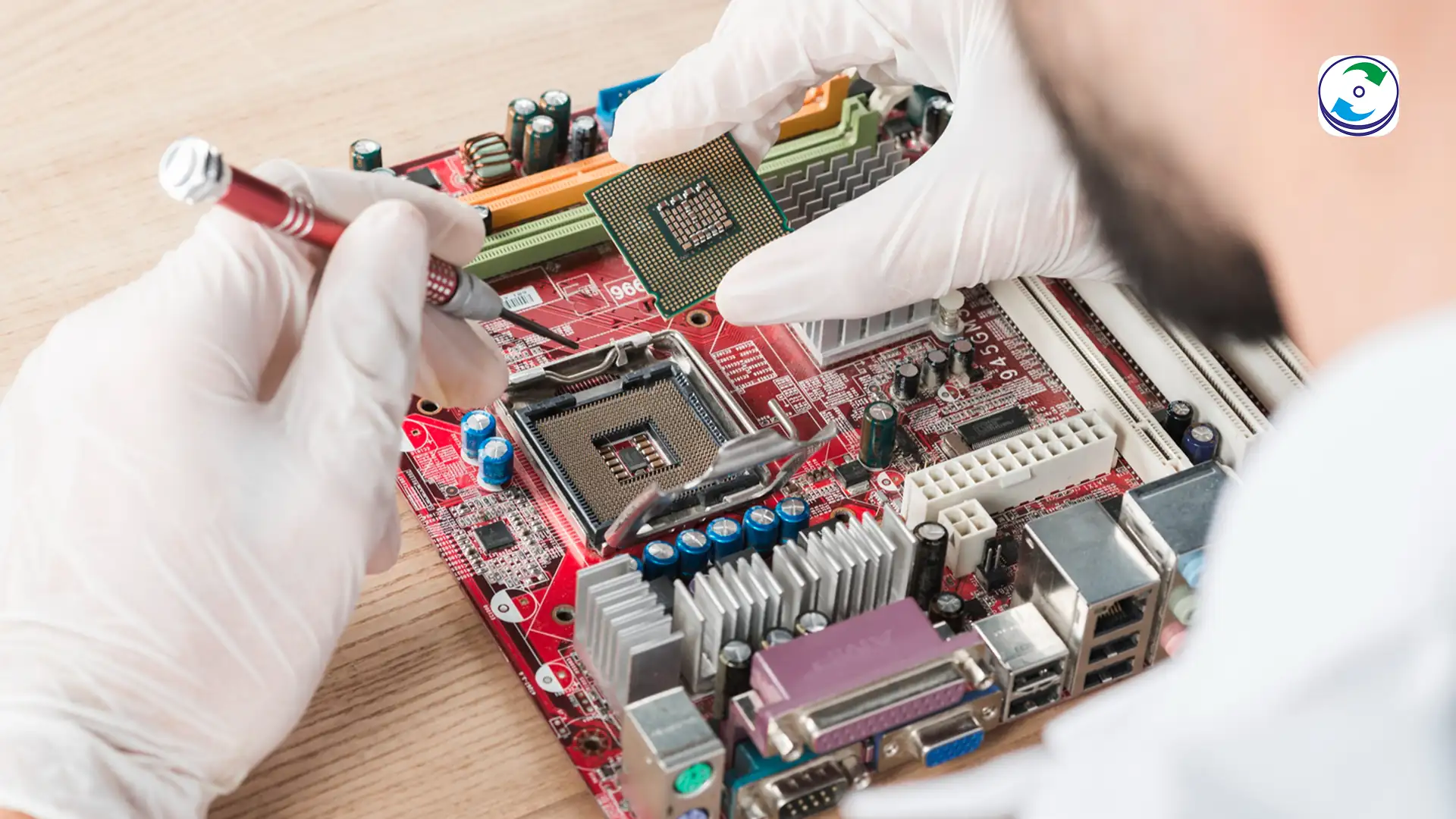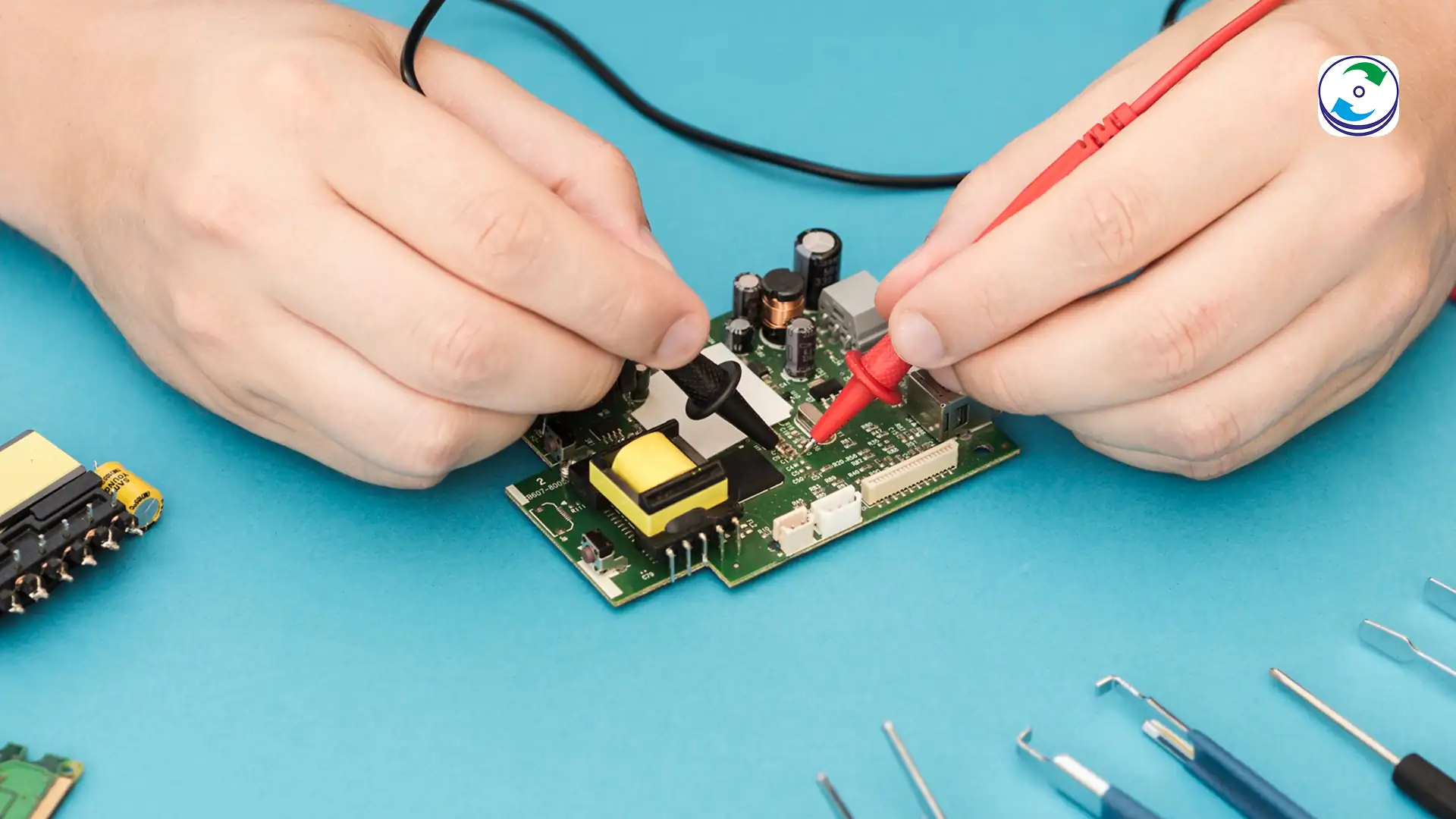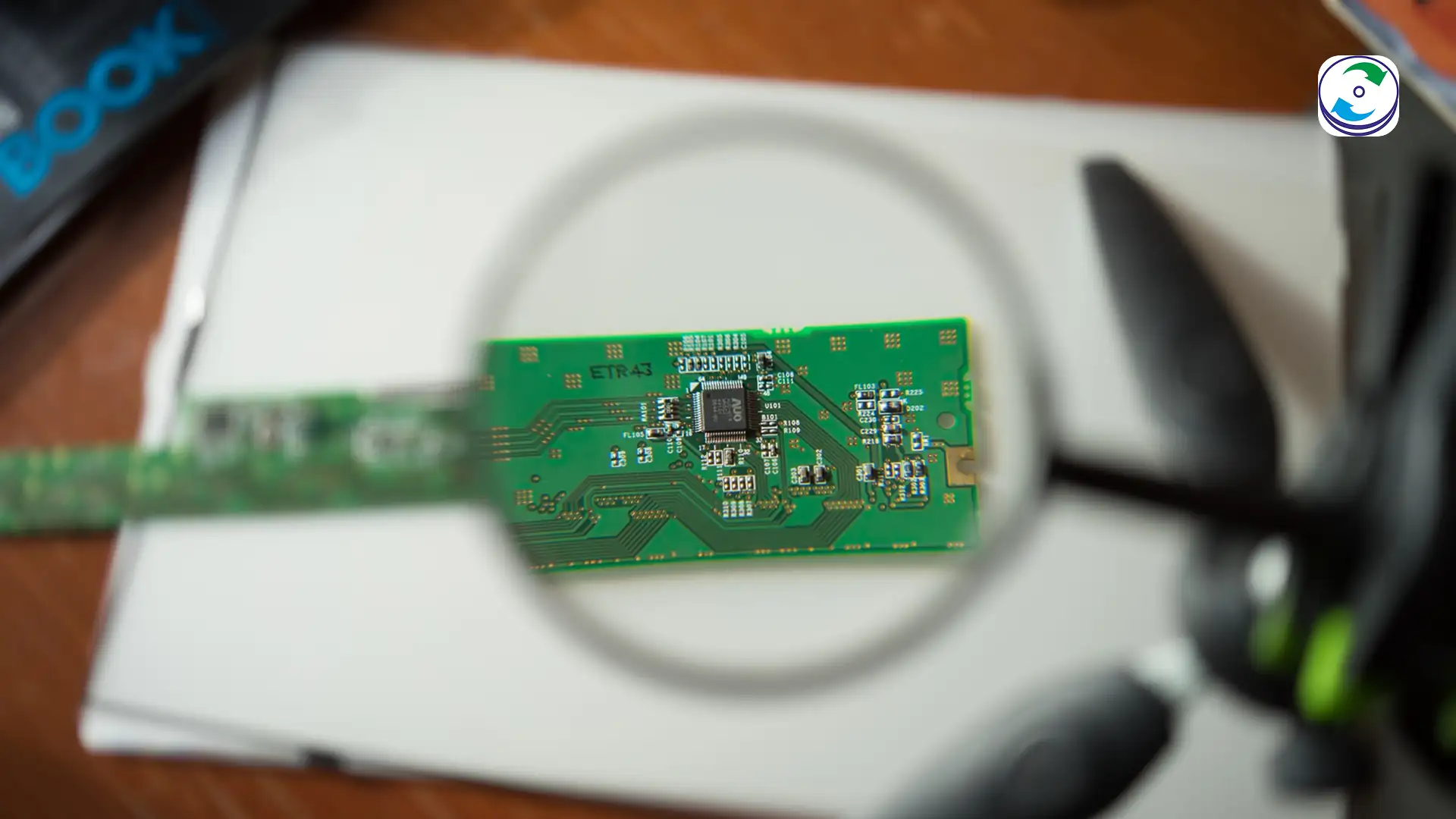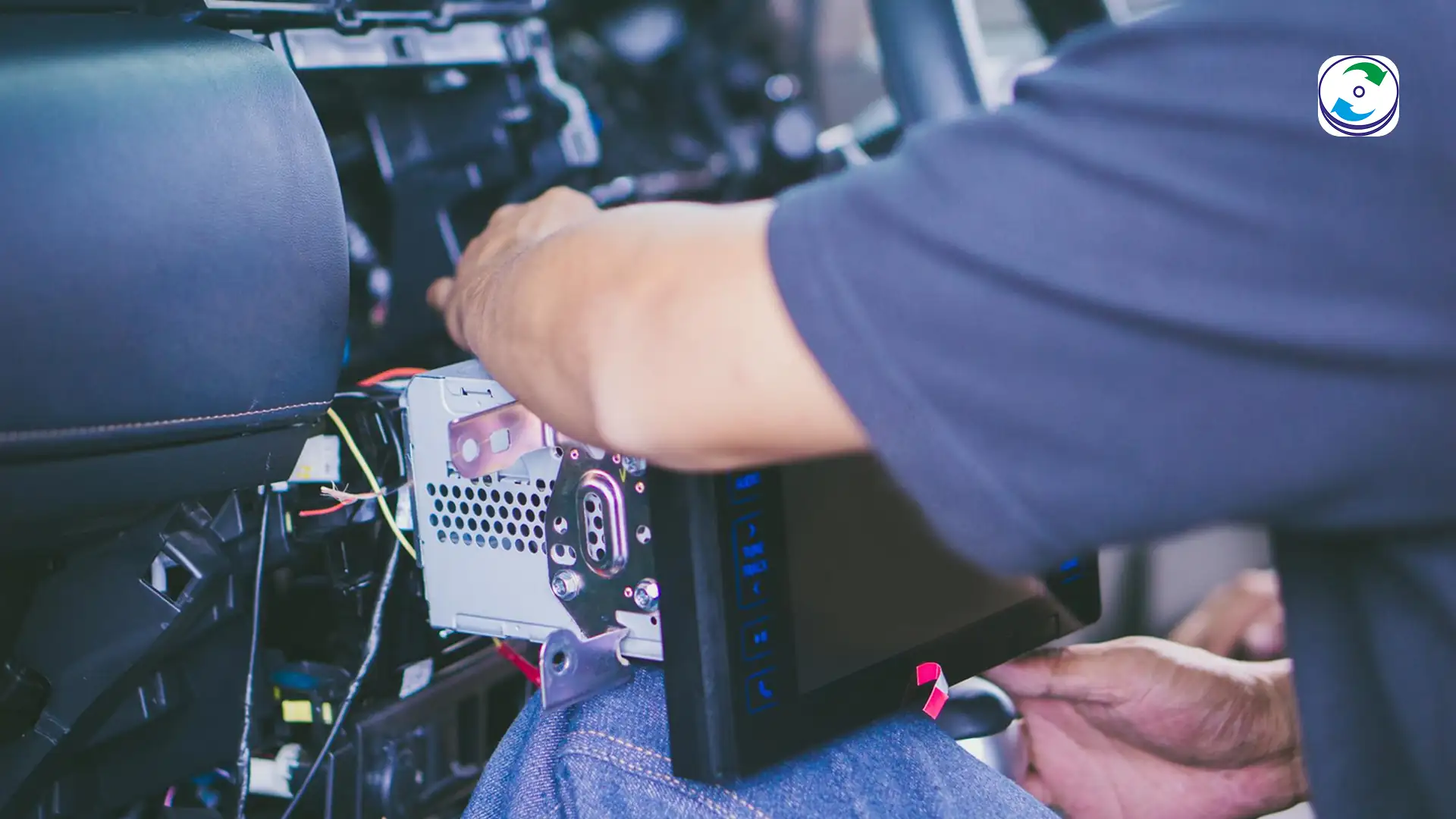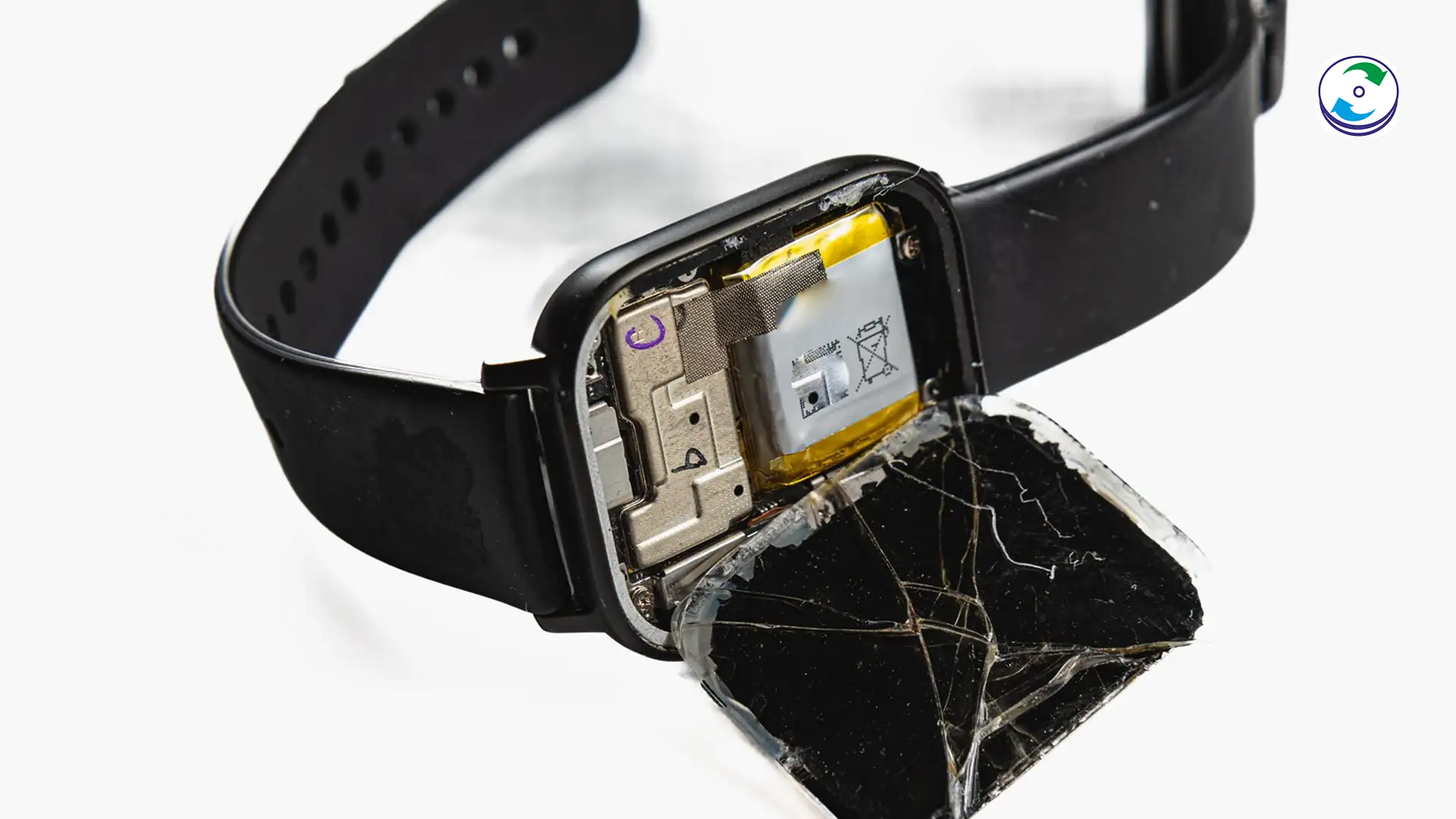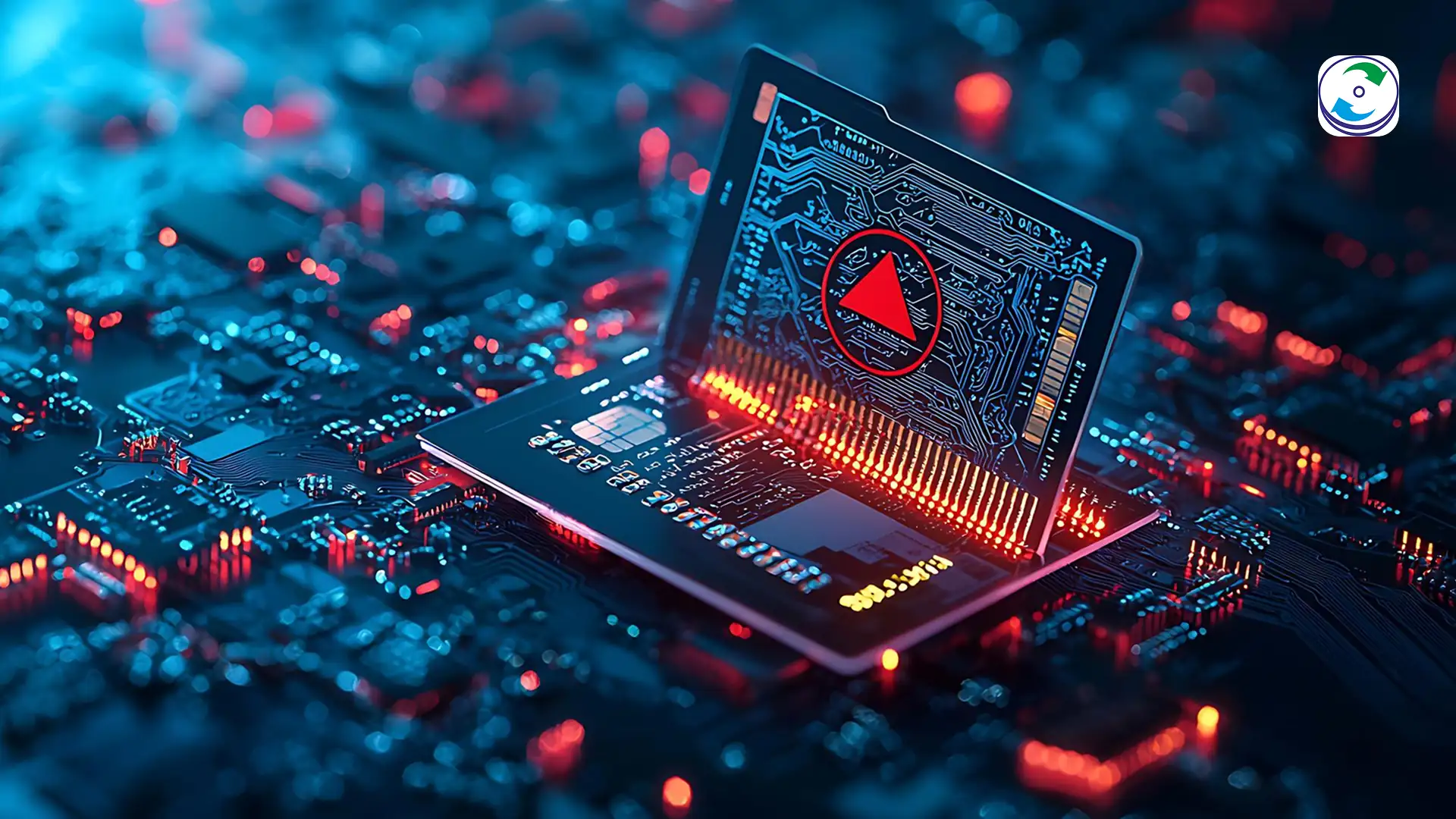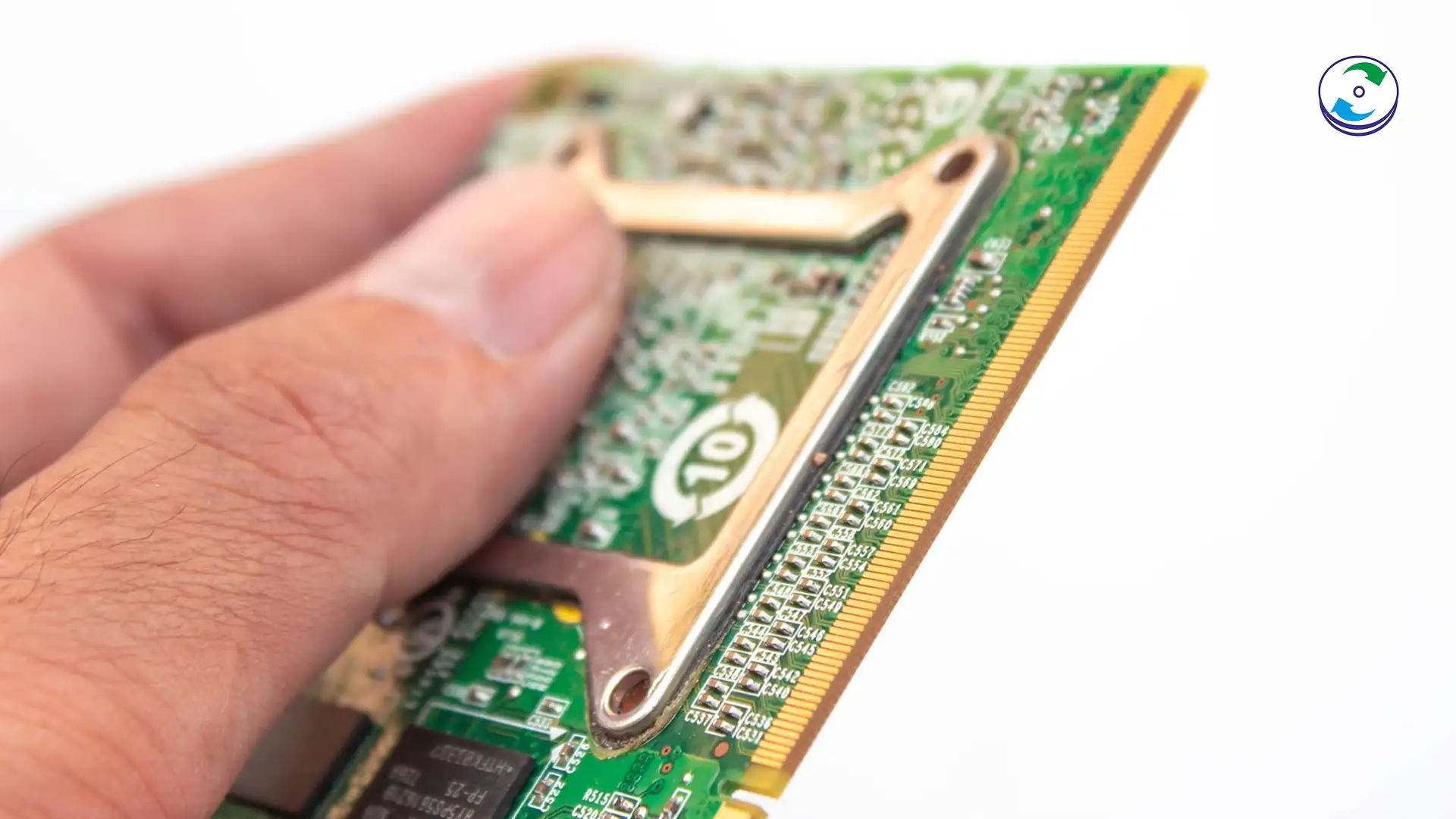The Data Privacy Debate: Is Your Data Really Safe on Your Smart TV or IoT Device?

Introduction: The Hidden Data Collectors in Your Home
Our homes are becoming increasingly “smart,” filled with devices designed to make our lives more convenient and entertaining. From smart TVs that learn our viewing habits to voice assistants that record our commands, and a myriad of other Internet of Things (IoT) gadgets, these devices collect vast amounts of data about our lives. But amidst the convenience and connectivity, a crucial question lingers: is your data really safe on your smart TV or IoT device?
For many in Pune, across India, and around the globe, the potential privacy implications of these seemingly innocuous devices are becoming a growing concern. We readily entrust them with our entertainment, our conversations, and even our home security, often without fully understanding the extent of the data they collect and where that information ends up. At DataCare Labs in Pune, while our primary focus is data recovery, we also recognize the increasing importance of data privacy and the potential need for secure data wiping and even forensic analysis of these connected devices. This guide will delve into the data privacy debate surrounding smart TVs and IoT devices, explore the potential risks, and discuss what you can do to protect your personal information in this interconnected world.
The Expanding Universe of Smart Devices and Their Data Footprint
The number of smart devices in our homes is exploding. Beyond smart TVs, we now have:
-
Smart Speakers and Voice Assistants: Constantly listening for wake words and recording our queries and commands.
-
Smart Thermostats: Tracking our temperature preferences and home occupancy patterns.
-
Smart Security Cameras: Recording video and audio feeds of our homes.
-
Smart Appliances (Refrigerators, Washing Machines): Collecting data on our usage habits and potentially even our shopping lists.
-
Fitness Trackers and Smartwatches: Monitoring our health metrics and location.
Each of these devices generates data – data about your viewing habits, your conversations, your location, your energy consumption, your health, and much more. This data is often stored on the device itself, in the cloud, or shared with the device manufacturer and potentially third-party partners.
The Privacy Risks Lurking in Your Smart Home
While the convenience of smart devices is undeniable, the data they collect presents several privacy risks:
1. Data Collection Without Explicit Consent or Understanding
Many users are unaware of the full extent of the data their smart devices collect and how that data is being used. Privacy policies can be lengthy and complex, and the default settings often favor maximum data collection.
2. Vulnerabilities to Hacking and Data Breaches
Like any internet-connected device, smart TVs and IoT gadgets are potential targets for hackers. Weakly protected devices can serve as a point of entry into your home network, allowing attackers to access more sensitive information or use your devices in botnets. You can find more details on this topic from the Federal Trade Commission’s guide on securing your IoT devices.
3. Data Sharing with Third Parties
Manufacturers’ privacy policies often state that user data may be shared with third-party advertisers, analytics companies, or other partners. This data, even if anonymized, can be used to build detailed profiles about your interests and habits.
4. Voice and Video Recording Concerns
Smart TVs with built-in cameras and microphones, as well as smart speakers, raise significant concerns about unwanted recording and eavesdropping. While manufacturers often claim these features are only active with your explicit command, vulnerabilities and security flaws can lead to unauthorized access.
5. Lack of Robust Security Updates
Unlike smartphones and computers, many smart TVs and IoT devices receive infrequent or no security updates. This leaves known vulnerabilities unpatched, making them easier targets for exploitation.
The Data Left Behind: What Happens When You Upgrade or Dispose of a Smart Device?
When you decide to upgrade your smart TV or dispose of an old IoT device, do you consider the data it might still contain? Just like with computers and smartphones, simply performing a factory reset may not completely wipe all your personal information. Residual data can remain on the device’s internal storage.
The Risk of Data Exposure
If a smart TV or IoT device containing your personal data falls into the wrong hands without a proper data wipe, that information could potentially be recovered and misused. This could include viewing history, account login details, network credentials, and even recorded audio or video.
The Role of Data Recovery Professionals in Smart Device Data Privacy
While DataCare Labs primarily specializes in recovering data from damaged storage media, our expertise in data storage and retrieval can also be valuable in addressing data privacy concerns related to smart devices:
1. Secure Data Wiping Services:
For individuals and businesses in Pune looking to securely dispose of smart TVs or IoT devices, we can offer professional data wiping services. This involves using specialized techniques to completely overwrite the device’s internal storage, ensuring that no residual data can be recovered, even with advanced forensic tools.
2. Forensic Analysis for Privacy Breaches:
In cases where a smart TV or IoT device is suspected of being compromised or involved in a privacy breach, our forensic experts can perform a detailed analysis of the device’s storage to identify what data has been accessed, copied, or transmitted. This can be crucial for understanding the scope of a security incident.
3. Understanding Data Storage on Non-Traditional Devices:
Smart TVs and IoT devices often use different types of internal storage compared to traditional computers. Our expertise allows us to understand these various storage technologies and apply appropriate data handling and wiping techniques.
Protecting Your Privacy in a Smart Home: Proactive Steps
While professional services can help in specific situations, the best approach to smart device data privacy is proactive:
-
Review Privacy Policies Carefully: Before purchasing or setting up a smart device, take the time to read and understand the manufacturer’s privacy policy.
-
Adjust Privacy Settings: Many smart devices offer options to limit data collection and sharing. Review and adjust these settings according to your preferences.
-
Keep Software Updated: Ensure your smart devices are running the latest firmware versions, as these often include security patches.
-
Secure Your Wi-Fi Network: A strong, password-protected Wi-Fi network is essential for securing all connected devices in your home.
-
Be Mindful of Voice and Video Recording: Understand when and how your smart devices are recording audio and video, and disable these features when not needed.
-
Research Device Security: Before purchasing a smart device, research its security features and any known vulnerabilities.
-
Perform a Thorough Factory Reset (If Selling/Disposing): While not always foolproof, perform a factory reset on your smart device before selling, donating, or disposing of it. For critical data, consider professional data wiping.
Conclusion: Navigating the Era of Connected Devices with Caution
Smart TVs and IoT devices offer a wealth of convenience and entertainment, but they also introduce new dimensions to the data privacy debate. By understanding the data these devices collect, the potential risks involved, and the importance of secure data disposal, you can make informed decisions to protect your personal information in your smart home. While DataCare Labs in Pune is here to assist with data wiping and forensic analysis when needed, the key to safeguarding your privacy lies in proactive awareness and careful management of your connected devices.

